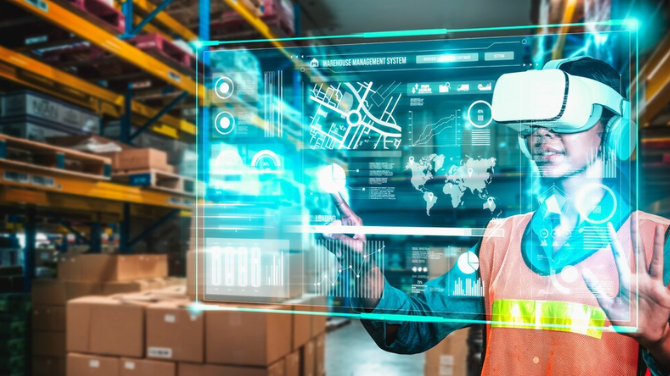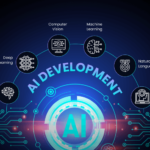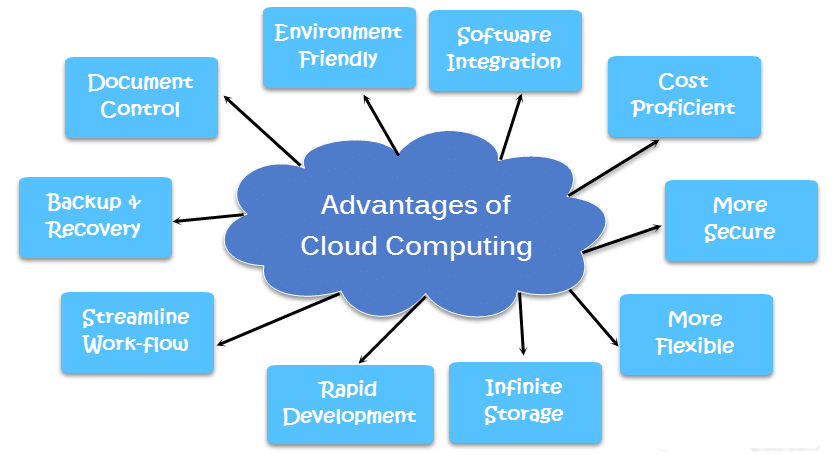
Related Articles

Pen Testing
RSK BSL Tech Team
April 3, 2025
|
|

Pen Testing
RSK BSL Tech Team
March 31, 2025
|
|

Pen Testing
Praveen Joshi
March 27, 2025
|
|

Pen Testing
RSK BSL Tech Team
March 25, 2025
|
|

Pen Testing
RSK BSL Tech Team
March 20, 2025
|
|

Pen Testing
RSK BSL Tech Team
March 18, 2025
|
|

Pen Testing
RSK BSL Tech Team
March 10, 2025
|
|

Software Development
RSK BSL Tech Team
February 24, 2025
|
|

Pen Testing
RSK BSL Tech Team
February 19, 2025
|
|

Software Development
Praveen Joshi
February 11, 2025
|
|

insight
Praveen Joshi
January 31, 2025
|
|

AI Tech Solutions
Praveen Joshi
January 27, 2025
|
|

Software Development
Praveen Joshi
January 20, 2025
|
|

Software Development
Praveen Joshi
January 13, 2025
|
|
 |
|

Mobile Application Development
Praveen Joshi
January 10, 2025
|
How AI is Transforming Logistics and Supply Chain Management?
Artificial intelligence (AI) is transforming several industries, particularly logistics and supply chain management. AI tech solutions have huge potential in these fields. This includes the ability to create new workflows, accelerate procedures, and handle massive amounts of data. This article explains what AI could mean for supply chains and logistics?
AI in Logistics
AI is transforming logistics by increasing efficiency, streamlining routes, and boosting decision-making processes. Artificial Intelligence’s ability to analyse massive datasets and deliver insights enables firms to anticipate needs, lower waste, and assure better resource allocation.
AI-Powered Predictive Analytics in Supply Chain Management
AI’s predictive analytics skills enable firms to foresee supply chain trends with higher precision. AI may assist organisations in anticipating future demand, avoiding stockouts, and reducing excess inventory by analysing previous performance data and recognising patterns, all of which contribute to increased supply chain efficiency.
Role of AI in Logistics and Supply Chain Management
1. Predictive Analytics for Demand Forecasting
One of the most significant effects of artificial intelligence in supply chain management is its capacity to improve demand forecasts. Traditional forecasting approaches frequently rely on previous data, which might be erroneous as market dynamics change. AI-powered predictive analytics, on the other hand, can analyse real-time data from various sources, such as social media trends, weather patterns, and economic indicators, to provide more accurate demand forecasts. This enables businesses to optimise inventory levels, reduce stockouts, and minimise excess inventory, leading to cost savings and improved customer satisfaction.
2. Enhanced Inventory Management
AI is also transforming inventory management by providing real-time visibility into stock levels and automating replenishment processes. AI algorithms can monitor inventory levels, predict when stock will run low, and automatically place orders with suppliers. This lowers the possibility of stockouts and overstocking, making sure the correct products are available at the appropriate time. Additionally, AI can optimise warehouse operations by determining the most efficient storage locations and picking routes, further enhancing operational efficiency.
3. Route Optimisation and Transportation Management
Transportation is a critical component of logistics, and AI is playing a crucial role in optimising routes and managing transportation fleets. AI-powered route optimisation algorithms can analyse traffic patterns, weather conditions, and delivery schedules to determine the most efficient routes for delivery trucks. This guarantees on-time delivery while simultaneously lowering fuel usage and transportation expenses. Furthermore, AI can monitor vehicle performance and predict maintenance needs, reducing the risk of breakdowns and improving fleet management.
4. Automation and Robotics
Automation and robotics are transforming warehouse operations and logistics processes. AI-powered robots can pick, pack, and sort with high precision and speed. This not only improves operational efficiency, but it also lowers labour expenses and reduces human errors. In addition, autonomous vehicles and drones are being used for last-mile delivery, further enhancing the efficiency and speed of logistics operations.
5. Supply Chain Visibility and Risk Management
AI delivers end-to-end visibility into the supply chain, allowing companies to monitor and control their operations in real time. AI-powered platforms can track shipments, monitor supplier performance, and detect potential disruptions, such as delays or quality issues. This allows businesses to proactively address issues and mitigate risks, ensuring a smooth and reliable supply chain. Moreover, AI can analyse data from various sources to identify potential risks, such as geopolitical events or natural disasters, and recommend contingency plans to minimise their impact.
6. Enhancing Customer Experience
AI is additionally revolutionising the customer experience for logistics and supply chain management. AI-powered chatbots and virtual assistants can provide real-time updates on order status, answer customer queries, and resolve issues quickly and efficiently. This enhances customer satisfaction by providing timely and accurate information. Additionally, AI can analyse customer feedback and preferences to personalise the shopping experience, recommend products, and offer targeted promotions, further improving customer engagement and loyalty.
Future of AI in supply chains and logistics
AI’s incorporation into logistics and supply chains will continue to evolve in the future. As AI technology advances, so will its capacity to handle complicated systems. This could result in even higher efficiencies and new possibilities. However, the human function will continue to be critical in giving intuition and ethical considerations that AI cannot duplicate.
AI is transforming the logistics and supply chain industries. It improves efficiency, adds new capabilities, and provides extraordinary visibility and predictive power. AI has limitations, especially when it comes to dealing with rare or unexpected situations. However, its benefits in dealing with frequent disruptions and optimising operations are significant. AI, combined with human expertise, offers a more resilient and efficient supply chain in the future.
Conclusion
AI is transforming logistics and supply chain management by enhancing efficiency, optimising operations, and providing unprecedented visibility. AI solution companies are at the forefront of this revolution, offering advanced tools and technologies that enable businesses to anticipate needs, reduce waste, and improve resource allocation. As AI continues to evolve, its integration into logistics and supply chain management will drive even greater efficiencies and innovations, ensuring a more resilient and agile future for the industry.
RSK BSL Tech Team

 Share
Share Post
Post Tweet
Tweet Copy
Copy


